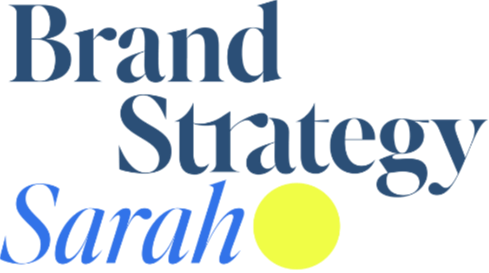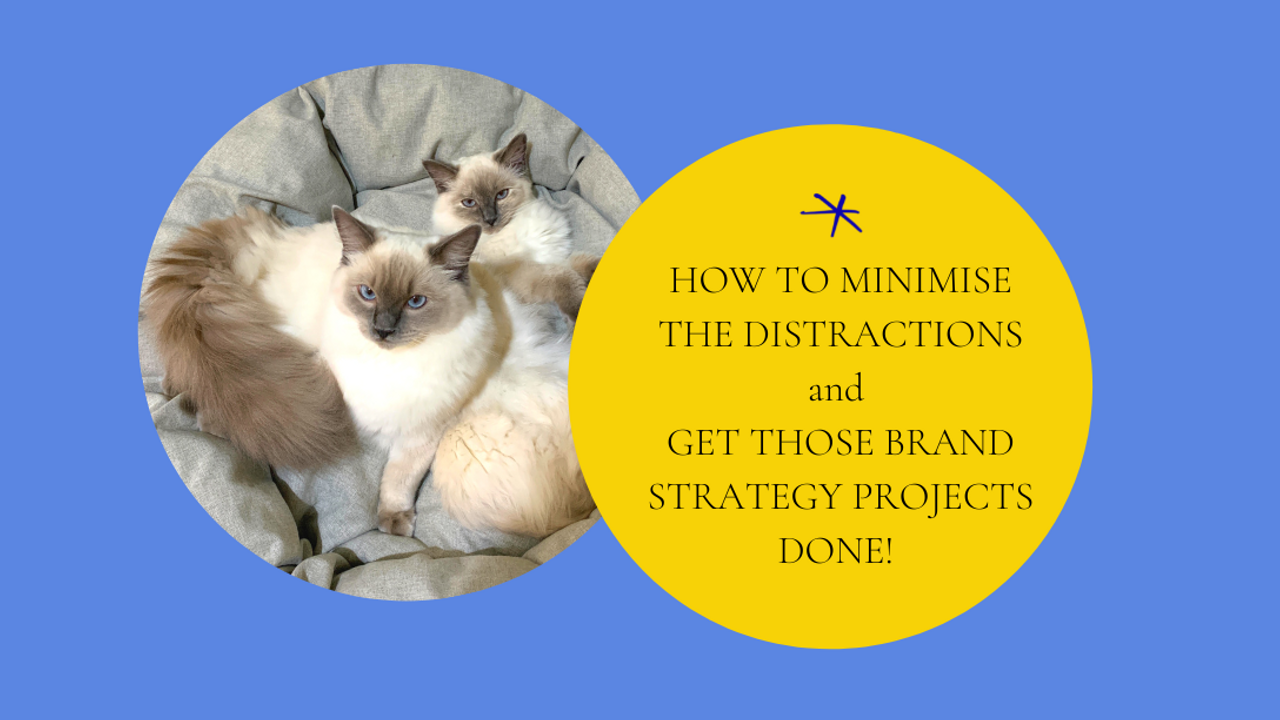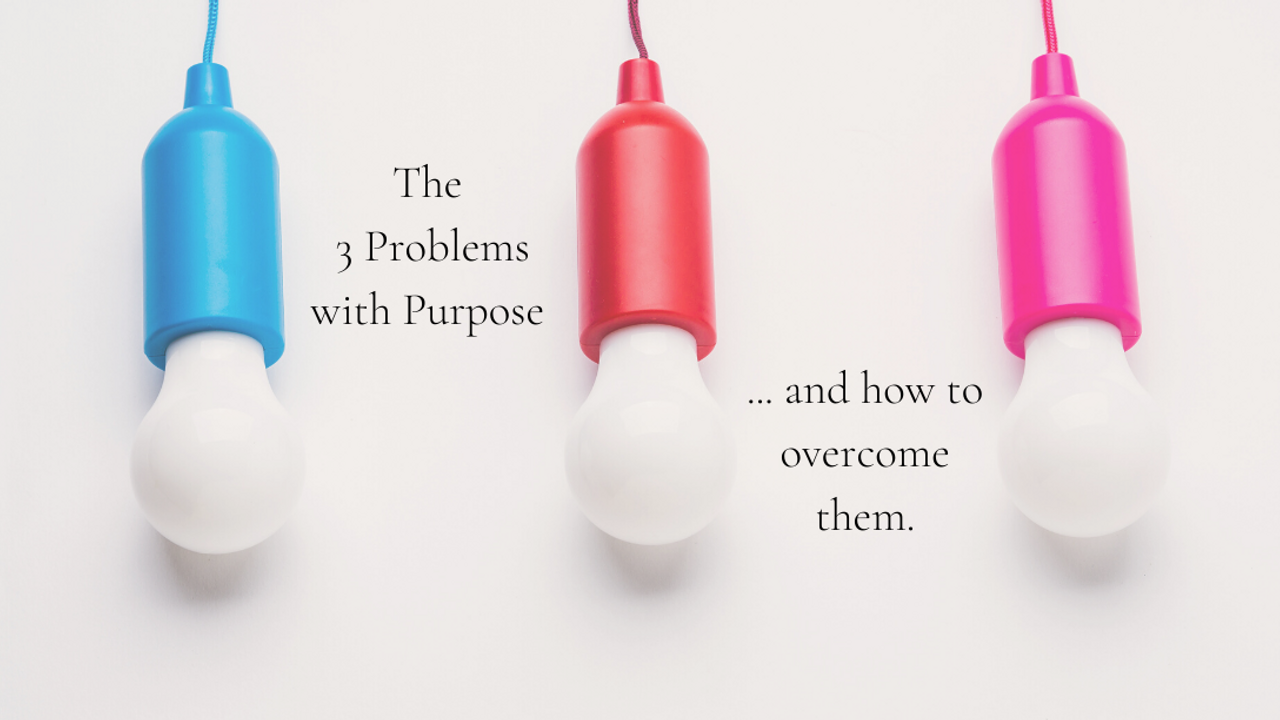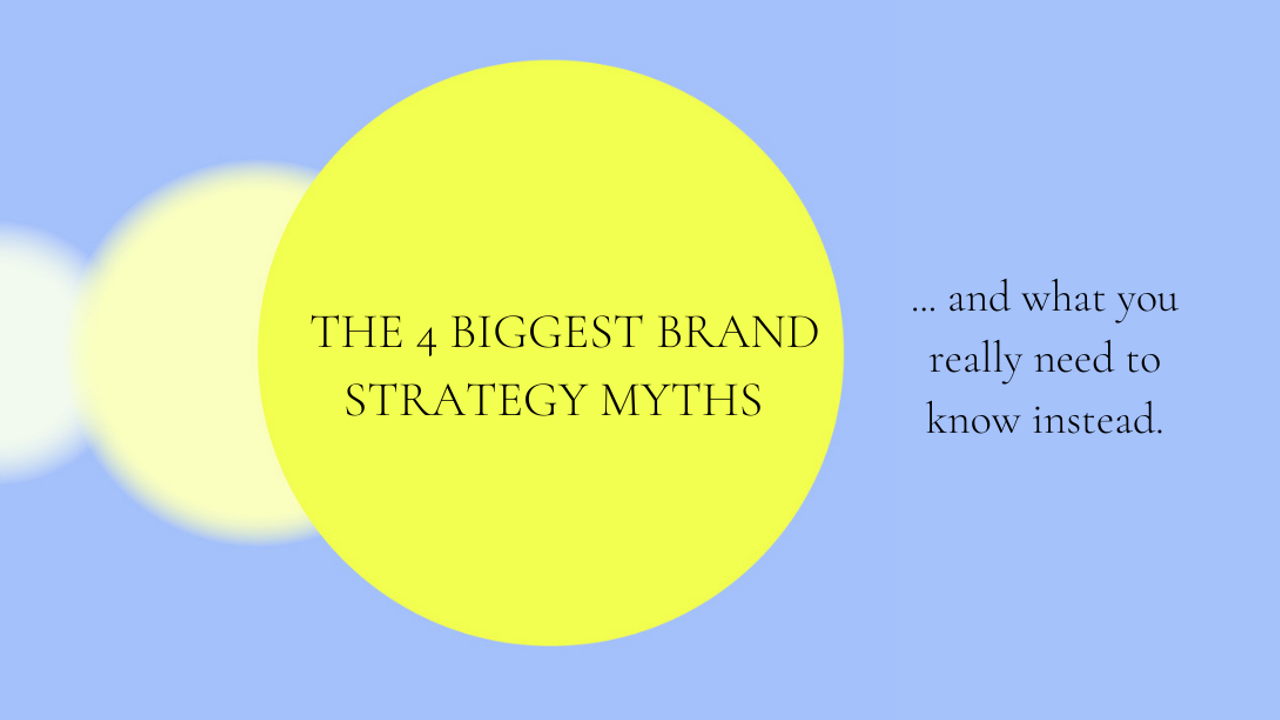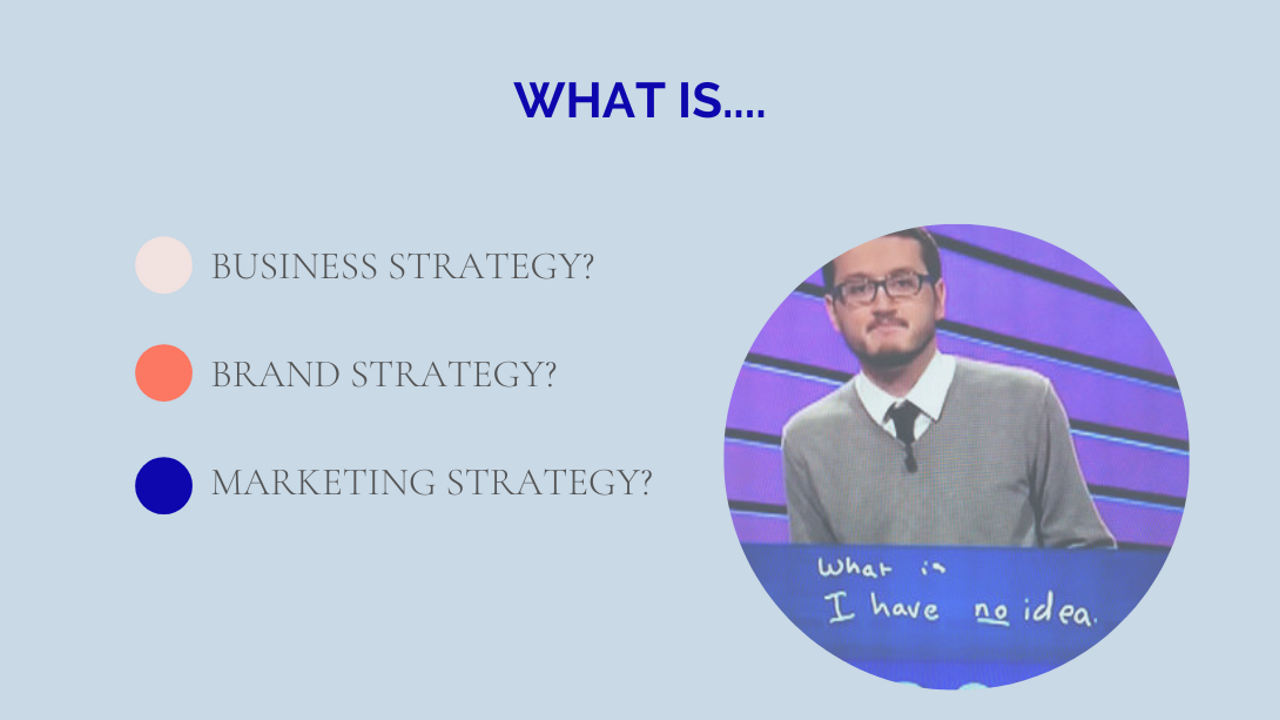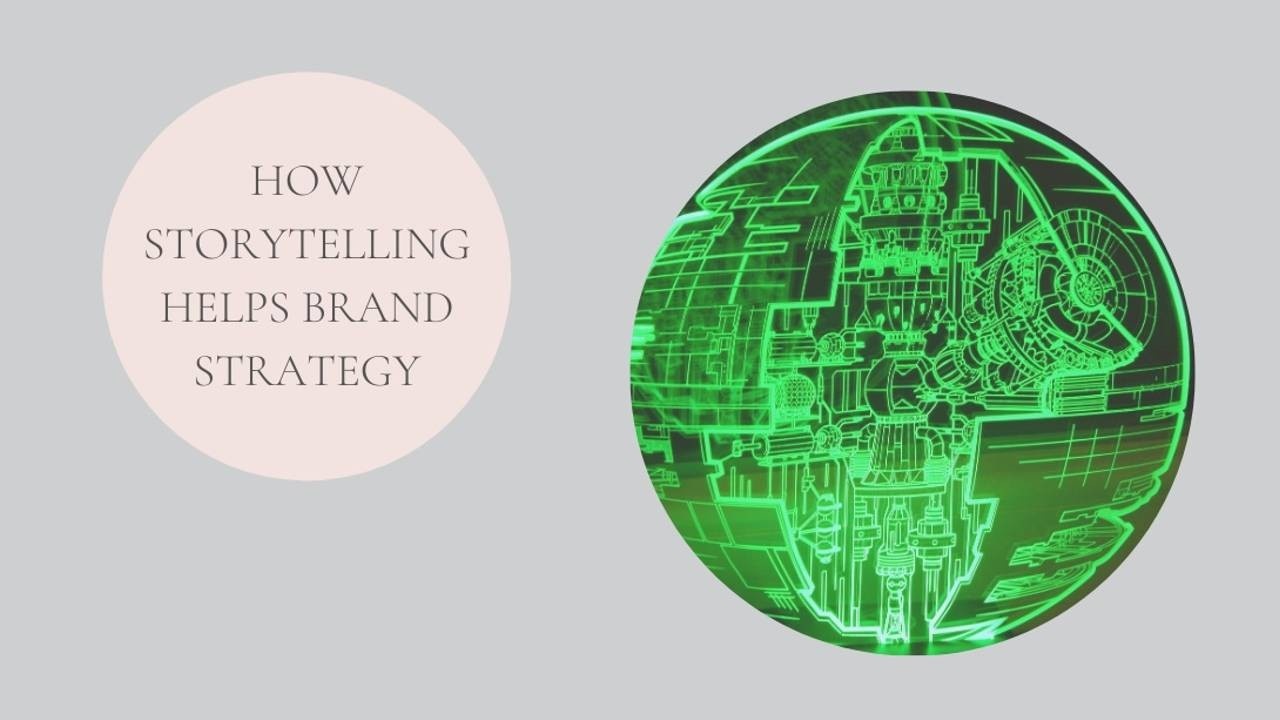These are my cats, Coco and Cotton.
Just two of a multitude of distractions that can mean brand strategy projects for my clients may not get done as efficiently as I’d like.
As much as I LOVE creating brand strategies, they can be a bit of a slog. And a recent survey of the people on my newslett...
Purpose received one of its most brutal critiques last week when Terry Smith, manager of the £29bn Fundsmith Equity fund, lashed out at Unilever’s “ludicrous” focus on sustainability, in response to their poor -0.2% annual return to his shareholders.
He wrote that:
“Unilever seems to be labourin...
Writing a purpose. Have you tried it yet?
Defining a purpose really means identifying WHY a business exists. It’s one of the four questions you have to answer for a client when defining their brand strategy.
But do a quick Google of the topic, and you’ll see lots of scathing comments about purpo...
One of my brand strategy clients, The Berkeley, won The Cateys this month - what they call "The Hotel Oscars".
The Berkeley hotel stands out in the crowded field of luxury hotels in London because they really know what they stand for. Part of the work we did together was to codify WHO they are a...
"We want our brand to be like Warby Parker!"
Heard this one recently???
It used to be, “We want our brand to be like Apple!” (then Patagonia, Tesla and Toms…), now Warby Parker are in the mix.
It's easy to scoff at this - particularly if you're working with a long standing, firmly for-profit bus...
After 20 years working as a brand strategist, I’ve seen and heard a lot of confusion about brand strategy.
While it’s the most desired skill CMOs are looking for this year, not many people are offering it, because it appears to be so complicated.
But brand strategy is a really powerful business...
Brand strategy has been of great value to me – it’s been a lucrative career path for 20 years. But - full disclosure - I suffered from 'Brand Strategy Imposter Syndrome' for a number of years. Even when I was a senior brand strategist at one of the world's most famous branding agencies, I was alwa...
Jargon and definitions can make marketing and branding feel impossible to learn. I'm on a mission to make things clearer! In this blog I clear up:
What is a marketing strategy?
What’s the difference between marketing strategy and brand strategy?
What’s the difference between brand strategy and ...
I was recently on a post where we all gave our recommendations on the best branding books to read. One book popped up a lot: 'Building A Story Brand', by Donald Miller.
It promises to help you ‘clarify your message so customers will listen.’
Since bringing clarity to brand strategy is a personal m...
Being healthy. Is there a better life goal than that one?
But how do you know how healthy you are?
Well, there are lots of things you can check and measure.
And the same applies to brands too.
So, how healthy are the brands you're working on?
The five ways to measure your brand health
Measur...
